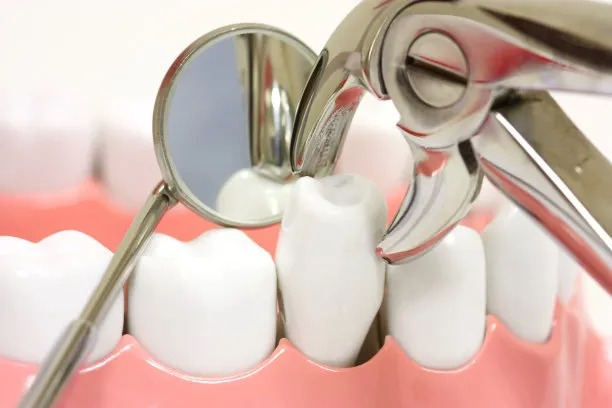Revolutionizing Smiles The Comprehensive Benefits and Considerations of Dental Implant Treatment in Modern Dentistry
Summary: Dental implants have emerged as a revolutionary solution in modern dentistry, offering a durable and aesthetic replacement for missing teeth. This article explores the comprehensive benefits of dental implant treatment, including improved functionality, enhanced aesthetics, and long-term cost-effectiveness. Additionally, it delves into considerations such as the treatment process, suitability for various patients, and potential risks involved. By examining these aspects, we aim to provide a holistic understanding of how dental implants can significantly transform smiles and boost self-confidence.
1. Functional Benefits of Dental Implants

One of the primary advantages of dental implants is their remarkable ability to restore oral function. Unlike dentures, which can slip or become uncomfortable, implants are securely anchored in the jawbone, allowing you to eat and speak naturally. This stability ensures that patients can enjoy a broader range of foods without the fear of dental appliances dislodging.
Moreover, dental implants preserve the integrity of the jawbone. When a tooth is lost, the underlying bone can start to deteriorate due to a lack of stimulation. Implants provide this necessary stimulation, promoting healthy bone maintenance and preventing the gradual loss that often accompanies tooth loss.
Additionally, the enduring nature of dental implants means they are less likely to require frequent adjustments or replacements compared to other solutions like bridges or dentures. This functional reliability is a significant reason why many people choose implants over traditional methods.
2. Aesthetic Improvements Through Implants
Dental implants not only restore function but also significantly enhance a persons aesthetic appearance. They are designed to look and feel like natural teeth, providing a seamless smile that boosts confidence. Unlike dentures, which may cause facial sagging, implants help maintain facial structure by supporting the cheeks and lips, ensuring that the smile remains youthful and vibrant.
The color and contour of dental implants can be customized to match existing teeth, creating a harmonious appearance. This personalization ensures that not only do implants function well, but they also satisfy the aesthetic expectations of individuals seeking dental treatment.
Furthermore, having a complete set of teeth greatly benefits overall self-esteem. Many individuals consider their smile a crucial aspect of their identity; thus, restoring this element can have profound psychological and social benefits. Implants empower individuals to smile confidently, engage socially, and even advance professionally.
3. Long-Term Cost Effectiveness of Implants
When considering dental treatments, many patients focus on immediate costs without considering long-term implications. While the initial investment in dental implants is often higher than dentures or bridges, the longevity of implants makes them a cost-effective choice over time. With proper care, implants can last a lifetime, reducing the need for frequent replacements.
Additionally, implants eliminate the ongoing costs associated with denture adhesives, maintenance products, and regular adjustments. These savings can accumulate significantly over the years, making implants a financially wise option for many patients.
Moreover, the durable nature of implants contributes to better overall oral health. By preventing bone loss and potential complications from missing teeth, implants can help avoid the need for more extensive and expensive treatments in the future, creating a comprehensive financial advantage.
4. Considerations and Risks of Dental Implants
Despite their numerous benefits, dental implants require careful consideration and come with inherent risks. The implant procedure involves surgery, which can lead to complications such as infection or implant failure. It is essential for patients to consult with their dentist to assess their oral health and determine if they are suitable candidates for the procedure.
Another critical aspect is the healing process. After installation, the implant requires time to integrate with the jawbone, a process known as osseointegration. This period can be lengthy and may require patience and proper aftercare from the patient.
Furthermore, some patients may experience specific challenges that may hinder the success of implants, such as smoking, uncontrolled diabetes, or insufficient bone density. Therefore, a comprehensive evaluation and tailored treatment plan are essential for optimizing outcomes and ensuring the longevity of the implants.
In conclusion, dental implants represent a remarkable advancement in modern dentistry, offering unparalleled benefits that range from functionality to aesthetics and long-term financial considerations. However, it is vital to weigh these advantages against potential risks and individual suitability. A thorough discussion with a dental professional can pave the way for informed decisions that lead to successful, life-changing outcomes.
This article is compiled by Vickong Dental and the content is for reference only



